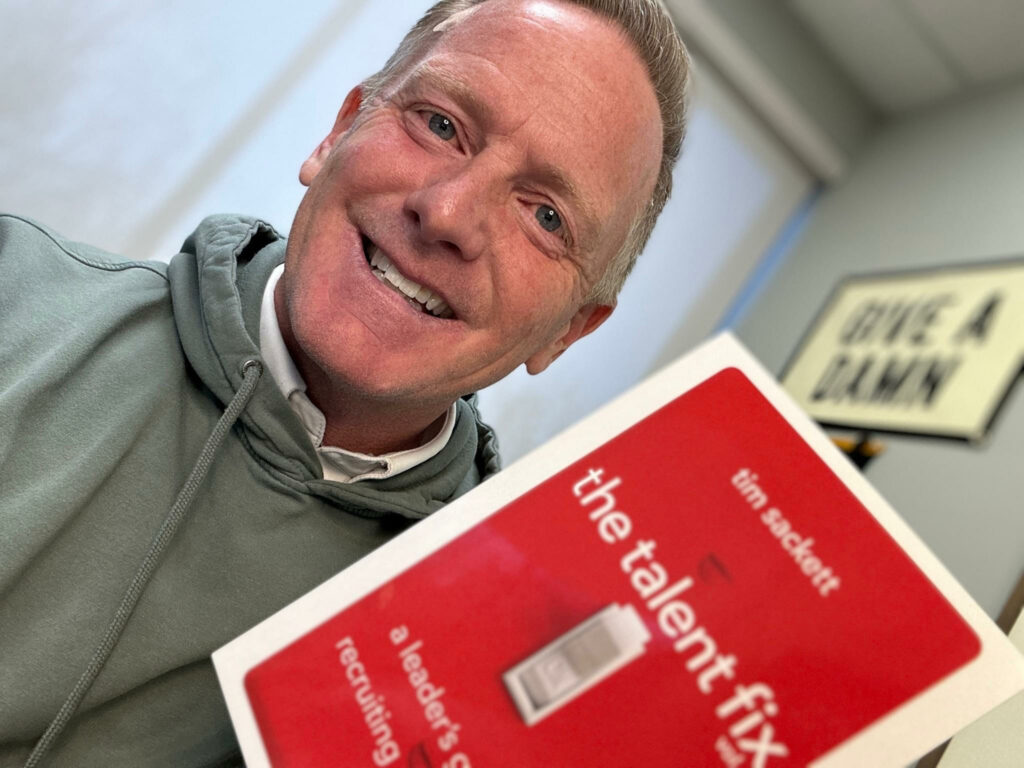Are you doing everything you can to be a top-notch HR pro? Sometimes, it’s essential to take a step back and see if certain habits might be holding you back.
Here’s my list of what habits are holding us back as a profession:
- Keep It Personal: In HR, relationships matter. Instead of relying on emails or texts, try talking face-to-face or picking up the phone. Building real connections helps create a positive workplace and makes you a more effective HR professional.
- Be Open-Minded in Hiring: Don’t let small things affect your hiring choices. Whether it’s where someone went to school (God forbid they went to your rival) or how they shake hands, focus on what really matters – their skills and qualifications.
- Deal with Salary Realities: It’s easy to get frustrated about pay differences between departments. But instead of dwelling on it, concentrate on excelling in your HR role. Understand that each department has its challenges, and your HR skills are crucial in their own way. No one wants to hear about it.
- Skip the Power Trip: Avoid using power just for the sake of it. True influence comes from collaboration, not strict rules. Approach your role as someone who facilitates, helping people succeed without unnecessary control.
- See the Bigger Picture: While HR is important, it’s not the only show in town. Shift your focus from thinking HR is superior to understanding how you can contribute to the whole organization. Use your HR skills to make everyone’s life easier.
If you want to be a better HR pro, start with these simple steps:
- Regularly talk to colleagues in different departments. Find out what challenges they’re facing, not just HR issues, and offer real help. This “Business Partner” approach goes beyond typical HR duties and makes you a valuable asset.
- Learn on the Job: Don’t worry if you don’t know everything about every department. Talk to your peers, learn from them, and use your problem-solving skills to contribute to their issues. Being willing to understand different parts of the business will make you a better HR professional.
Improving as an HR pro is about letting go of limiting habits and being more collaborative and supportive. This way, you’ll become a more effective and valued member of your organization.

